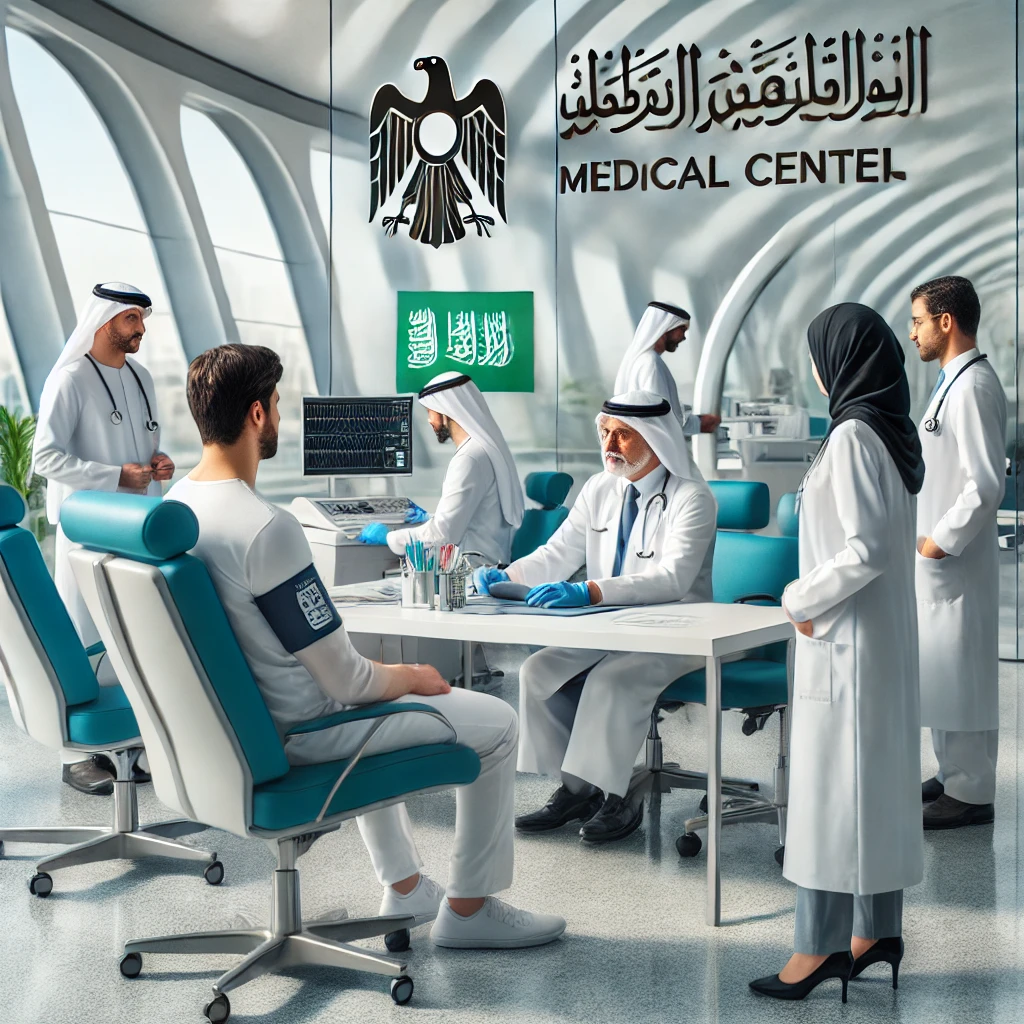Why Are Gulf Countries So Stringent with Health Checks?
Ensuring Public Health and Safety
Gulf countries prioritize the health of their citizens and workforce by enforcing strong health regulations. Health checks serve as a preventive tool to reduce the danger of contagious diseases entering the region, hence protecting public health and the healthcare system.
High Demand for Skilled Workforce
The Gulf region is strongly reliant on foreign workers, particularly in construction, healthcare, and hospitality. Strict health examinations ensure that new personnel are physically capable of doing their duties, reducing absenteeism and maintaining productivity.
Preventing Healthcare Burdens
These countries attempt to prevent future healthcare concerns by identifying pre-existing health conditions. Treating serious illnesses among expats can put a strain on national healthcare resources. Mandatory health exams eliminate applicants who may need extensive medical care.
Compliance with International Standards
The high health requirements of Gulf Cooperation Council (GCC) countries are by international health and labour rules. This promotes fair practices and strengthens the region’s reputation as a safe and desirable environment for labour and business.
Protecting Vulnerable Populations
In places with diverse populations, stringent screening minimizes the likelihood of disease outbreaks in densely populated areas. This preventative measure is especially useful for employees who live in shared accommodations.
Finally, the Gulf countries’ thorough health checks indicate their commitment to public health, economic stability, and international standards. This procedure highlights the importance of a healthy workforce and a sustainable healthcare system.




